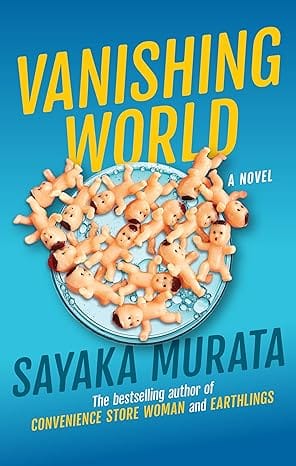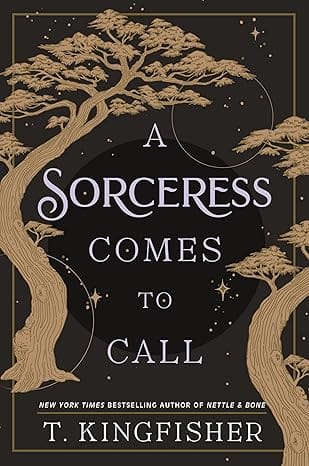Queer Virtue

LGBTQ+ folks not only belong as Christians, but we have a unique point of view, experiences of God, and insights to offer the rest of the Body of Christ. This is the argument that the Rev. Elizabeth Edman makes in her 2016 book Queer Virtue: What LGBTQ People Know About Life and Love and How it Can Revitalize Christianity. An argument she makes with evidence, experience, and a theological discussion to back it up.
An important note for this review post: Throughout the book, Edman uses the term "queer" as an umbrella label to refer to all LGBTQ+ people. This is not how everyone uses this word, but it's what this author is doing in this book and, to keep references clear in context, it's how I'll use "queer" in this video.
Edman is an American, a lesbian, and a priest in the Episcopal Church. She has been working at the intersection of sexuality and religion for over 25 years. Edman served as an inner-city hospital chaplain during the HIV/AIDS crisis, has worked in campus ministry, and has helped craft communication strategies for marriage equality efforts. More about her and her work are available at queervirtue.com.
The book is divided into two parts. The first is called "The Path of Queer Virtue". This section goes through many of the ways that the experiences of queer people can align with and inform the experiences of Christians. There is a good, concise summary of the queer rights movement of the last 60-ish years and thorough discussions of identity, risk, scandal, chosen family, community accountability, what virtue and ethics are, and so on. Along the way, the arguments that Edman poses are backed up with theological convictions, reference to scripture, and Christian traditions. Edman also provides glimpses into the differences between different groups of Christians on queer issues, though a really full treatment of this is beyond the scope of her book.
The second part is called "A Priestly People" and digs more into the particular gifts, experiences, and insights that queer people can bring to the Church and Christian traditions. Edman, I think correctly, identifies pride, coming out, authenticity, and hospitality as some of the foremost of these gifts we can bring.
Throughout the book, Edman articulates the gifts and experiences of queer folks, their value to the Church, some of the ways that the Church has ignored and spurned these gifts, and the damage done both to queer people and the Church by these refusals. The writing is clear and accessible. Edman generally does a good job of balancing theory, ideas, and theology with history and experience. She is not shy about offering critique of institutions and people where their actions impact queer folks, regardless of their political or theological stance.
Many queer people have been burned by Christian proclamation that leans too far toward rigid moralism. Many people of faith have grown weary of tepid Christian proclamations that, in the name of inclusion, fail to hold anyone to account. One side is soul crushing; the other is boring.
The above is a good and true critique of so much of what has come from the Church in the last three or four decades.
There were a few occasions in Queer Virtue where I felt like Edman diverted from helpful examples of experience into more like memoir territory. This detours felt longer than necessary to me. This is also my critique of a few of the chapters. There were points where I felt certain that a chapter was winding up and I was very satisfied with what I'd read. Then, the chapter would continue for another ten or more pages and I wasn't convinced that much more helpful content was really added. I am entirely willing to own that someone else may find the diversions and longer chapters helpful; maybe they just weren't the content or structure I was looking and hoping for.
There were several points where Edman articulated theologies and labels that made me a little uncomfortable. On reflection, I think this is an indication that I need to do some more reading, writing, and thinking about these stances and why they prompt discomfort in me, rather than counting my discomfort against Edman and her arguments.
Overall, Queer Virtue is an excellent addition to the ongoing discussion about queer folks and our relationship to the Church, to Christian tradition, and theology. This book could be used as an introduction to the subject of queer theology, particularly for Anglicans. It's written with a strong sense of context which might make it more accessible to folks without a lot of formal theological background than a purely abstract or theoretical discussion.
If you've got a group who are willing to explore a book that will probably challenge them on at least a couple of occasions, Queer Virtue would make for some great discussions in a study group or book club. There's even a study guide available if that would be helpful.





